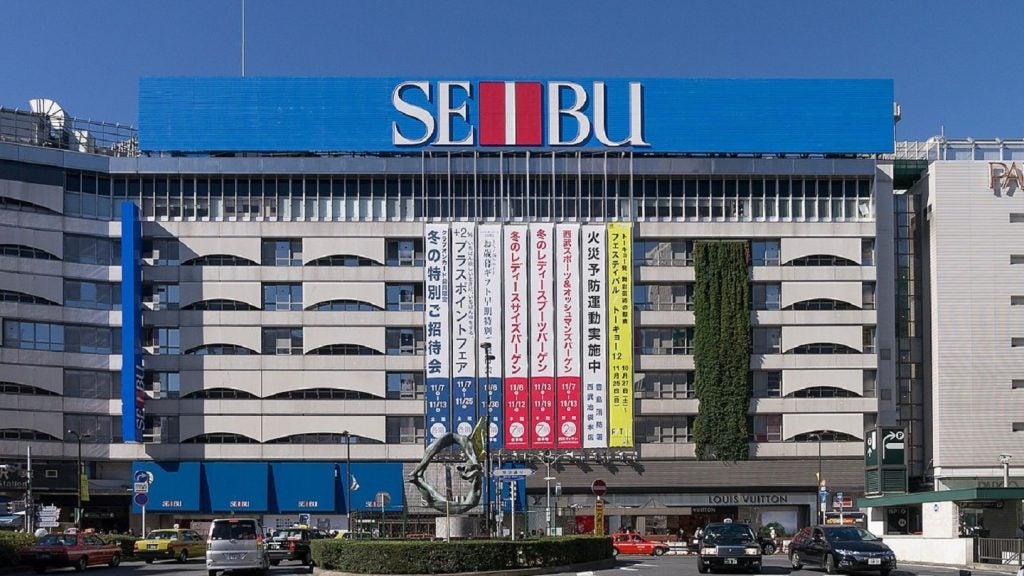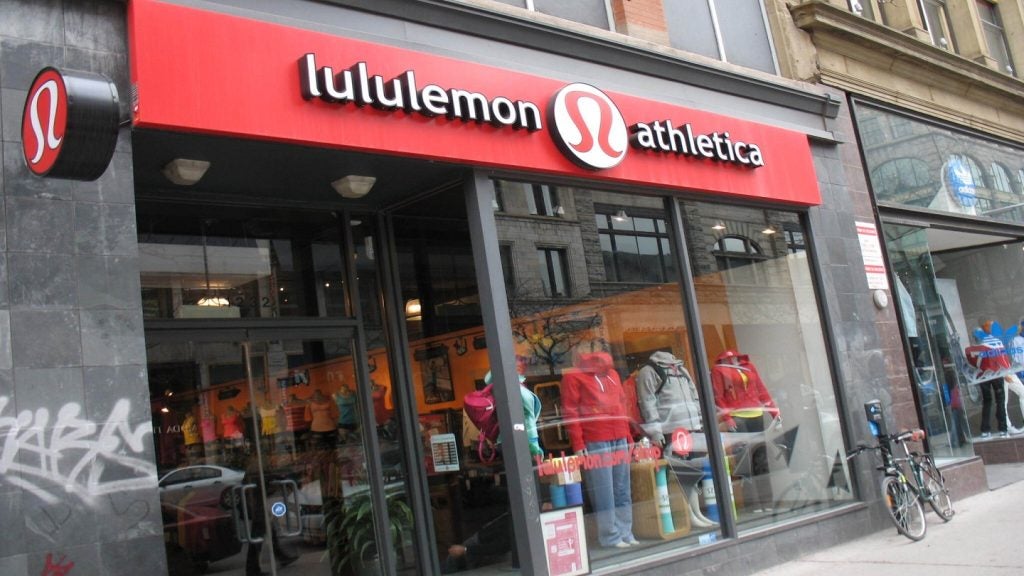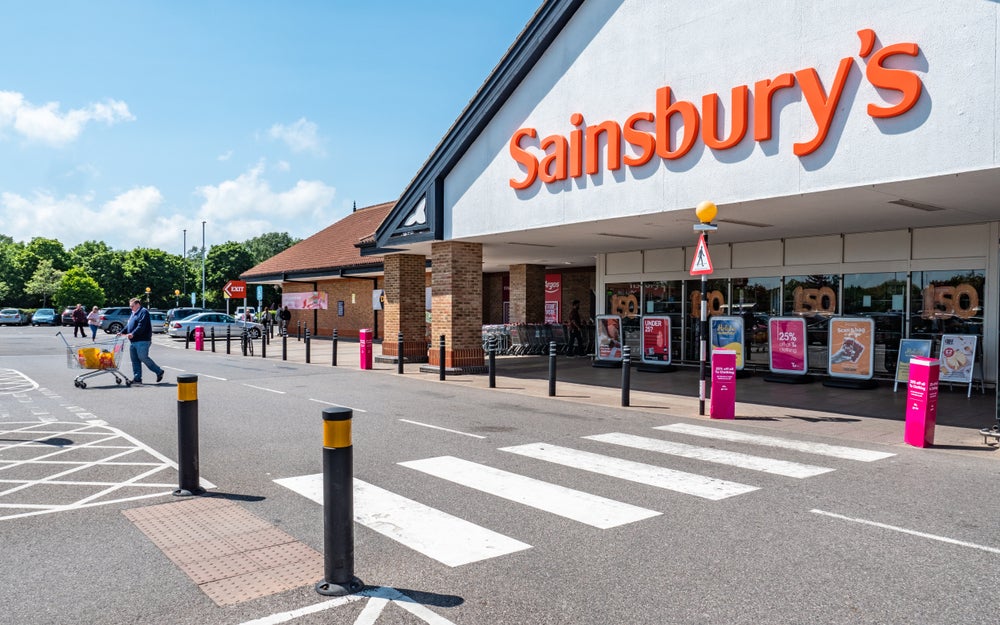In a significant blow to the UK retail sector, a rescue bid to acquire the entire Wilko business has collapsed, confirming hundreds of job losses, Sky News reports.
This announcement came from administrators PwC, who revealed that 269 positions at Wilko's support centre in Worksop, Nottinghamshire and 14 roles at its subsidiary, Kin Limited, will be made redundant.
The retail world was left in shock as a rescue bid to salvage struggling retailer Wilko fell apart. PricewaterhouseCoopers (PwC), the appointed administrators, made the sombre announcement, highlighting the grim implications for the company and its employees.
Collateral damage
Wilko's support centre in Worksop, Nottinghamshire, is set to bear the brunt of this failure, with a staggering 269 roles confirmed as redundant. This development casts a shadow over the local job market and community.
In addition, the collateral damage extends to Wilko's subsidiary, Kin Limited, which will see 14 positions disappear. This unfortunate turn of events underscores the far-reaching consequences of the rescue bid's collapse.
The fallout from this failed acquisition is expected to send ripples through the retail industry while employees grapple with an uncertain future.
Ripple effect in the retail sector
The fallout from Wilko's failed acquisition is poised to have a far-reaching impact on the retail industry, creating a series of consequences that extend well beyond the company itself. Here's an elaboration on this statement:
- Market uncertainty: The collapse of the rescue bid adds a layer of uncertainty to an already volatile retail market. Retailers are continually grappling with changing consumer preferences, economic fluctuations and the rise of e-commerce. The failure of a well-known brand such as Wilko to secure a lifeline could further erode investor and consumer confidence in the sector.
- Competitive dynamics: Wilko operates in a highly competitive market, competing with other major players in the home and DIY sectors. The company's struggles may open up opportunities for its rivals to gain market share. Competitors may seek to capitalise on Wilko's weaknesses by expanding their own operations or offering competitive pricing, which could intensify competition across the industry.
- Supply chain implications: Wilko's supply chain, which includes suppliers, manufacturers and logistics partners, will also be affected. The failure to secure funding or a buyer may disrupt existing contracts and relationships. Suppliers may face delayed payments or reduced orders, impacting their own businesses. This, in turn, could have a cascading effect on various suppliers in the broader retail ecosystem.
- Employment concerns: Beyond the immediate job losses at Wilko and its subsidiary, the retail industry as a whole may experience a heightened sense of job insecurity. Employees in other retail companies could become concerned about their own job stability, leading to potential labour disputes or a reluctance to invest in career development within the sector.
- Investor sentiment: The collapse of a prominent retailer like Wilko could have broader implications for investor sentiment in the retail industry. Investors may become more cautious about injecting capital into retail companies, potentially leading to decreased investment in the sector, delayed expansion plans, or even a slowdown in innovation and technological advancements.
- Consumer impact: Consumers loyal to Wilko may need to adjust to the absence of the brand. They may need to find alternative stores for their home and DIY needs, potentially leading to shifts in consumer behaviour and spending patterns.
The pervasive impact of Wilko's failed acquisition underscores the fragility of businesses in the sector and highlights the need for adaptability and resilience in a rapidly changing retail landscape.















